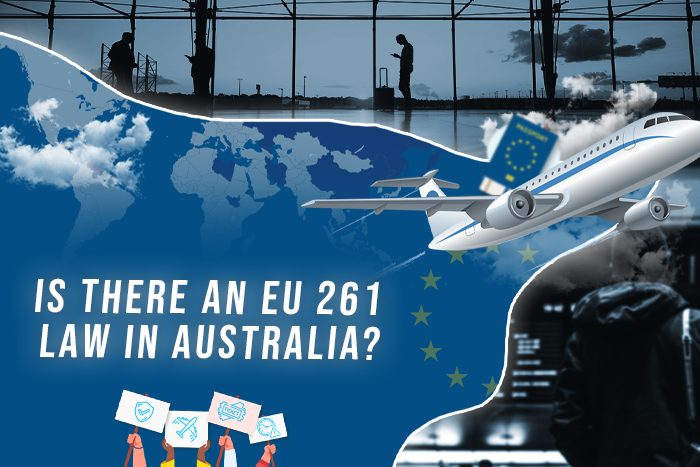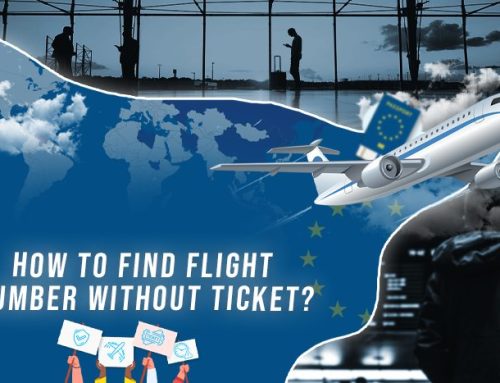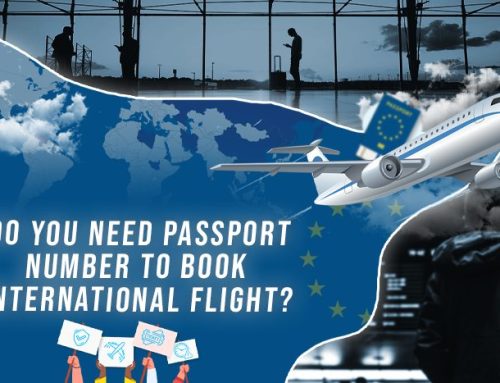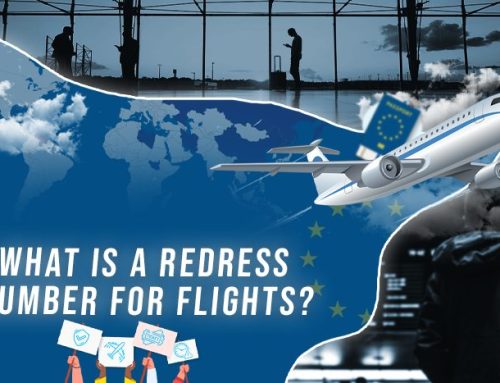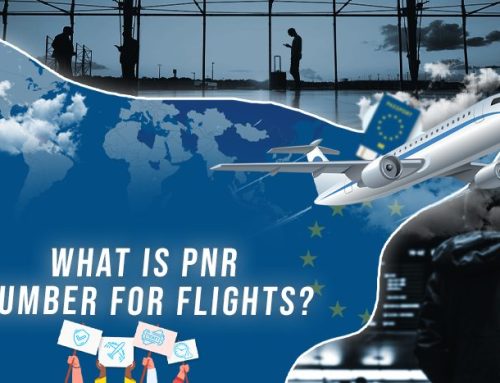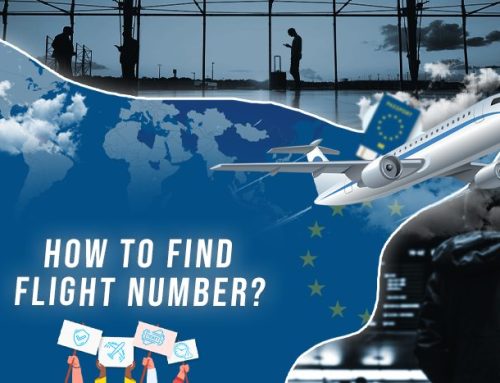If you’re flying to land down under, you may be wondering if there are any regulations in place to protect you in the case of any flight issues. If you’re familiar with flight compensation law, you may be aware of EU 261, which is a European regulation that holds airlines accountable for delays, cancellations, missed connections, lost luggage, and more.
Under this law, you could receive up to $700 (€600) in compensation, and that applies if you are traveling to Australia from Europe – and in some cases, vice versa! There are many factors that come into play when it comes to whether or not you are eligible for flight compensation, so let’s explore your options.
Key Takeaways
- EU 261, a European regulation that holds airlines accountable for flight delays, cancellations, lost luggage, and more, may apply to flights to and from Australia as long as the flight has a touchpoint in the EU and the issue was within the airline’s control.
- Unfortunately, there are no official flight compensation laws in Australia, but passengers may be able to negotiate with the airline for compensation as a goodwill gesture or claim damages under the Montreal Convention.
- Passengers should familiarize themselves with their airline’s compensation policy and keep all documentation in case they need to file a claim for compensation. It’s important to understand your rights as a passenger to avoid being stranded without recourse in the event of flight issues.
EU 261 And Australia
EU 261 applies to flight issues that occur in Europe, regardless of your final destination. So, if you’re flying from France to Australia and your issue occurred in France, then you are covered. If you are flying from Australia to France, it could be covered if the delay is in the airline’s control. This includes the following issues:
- If your flight is delayed three hours or more.
- If your flight is canceled with less than 14 days’ notice.
- If your flight is overbooked and you are involuntarily denied boarding.
- If you missed a connection because of a delay or cancellation on an earlier leg of your journey in Europe.
The amount you could receive is based on several factors, including the length of your flight, where it’s occurring, and if your carrier is based in the EU. The average compensation is between $280 (€250) and $700 (€600). To be eligible, you have to file a claim directly with your carrier. You will not automatically be credited for your issues.
Australian Flight Compensation
Unfortunately, much like other places in the world, there are no official flight compensation laws like EU 261 in place. However, EU 261 does apply in Australia, as long as your flight has a touchpoint in the European Union and the issue was within the airline’s control.
If your flight is not within the EU or the impacted portion is not within the EU, you may still have rights. You will need to work directly with the airline to see if they will offer compensation as a goodwill gesture. It is not required under law for them to do so.
Check the bylines to see if there is anything written directly in their terms that would protect you in the case of a delay, cancellation, or lost baggage. If not, you can try to negotiate directly with them for compensation. This could be in the form of a travel voucher, airline miles, refunds, hotel stays, and more. You may even be able to claim damages under the Montreal Convention.
Unlike the United States, Australian airlines are not even required to compensate you if you are denied boarding due to overbooking under federal law. Most airlines will have a compensation policy, so make sure to familiarize yourself with it before traveling to Australia. Flight delays and cancellations happen, but you don’t want to be stranded with no recourse when you’re in Australia.
So, Does Eu 261 Apply To Australia?

Yes, EU 261 may apply to flights to and from Australia. If so, depending on the length of your flight and your carrier, you could be eligible for up to $700 (€600) in compensation. If not, you will need to work directly with the airline to see if they will offer any compensation for your flight issues.
Australia is part of the Montreal Convention, so you may be eligible to claim compensation for your damages under this law. Keep all your documentation and file directly with your airline to see what you could be eligible for. Most airlines will have flight compensation written into their bylines to help make navigating common issues easier for airlines and passengers alike.
Frequently Asked Questions
-
Does EU 261 apply to flights to and from Australia?
Yes, EU 261 may apply to flights to and from Australia, as long as the flight has a touchpoint in the EU and the issue was within the airline’s control.
-
What kind of flight issues are covered by EU 261?
EU 261 covers flight delays of three hours or more, flight cancellations with less than 14 days’ notice, involuntarily denied boarding due to overbooking and missed connections due to flight delays or cancellations.
-
What is the average compensation for flight issues covered by EU 261?
The average compensation for flight issues covered by EU 261 is between $280 (€250) and $700 (€600), depending on the length of the flight, where it’s occurring, and if the carrier is based in the EU.
-
Are there any official flight compensation laws in Australia?
Unfortunately, there are no official flight compensation laws in Australia.
-
Can I still claim compensation for flight issues in Australia?
Passengers may still be able to negotiate with the airline for compensation as a goodwill gesture or claim damages under the Montreal Convention.
-
Are Australian airlines required to compensate passengers for denied boarding due to overbooking?
No, Australian airlines are not required to compensate passengers for denied boarding due to overbooking under federal law.
-
What should I do if I experience flight issues when traveling to Australia?
Passengers should familiarize themselves with their airline’s compensation policy, keep all documentation, and file directly with the airline to see what they could be eligible for.
